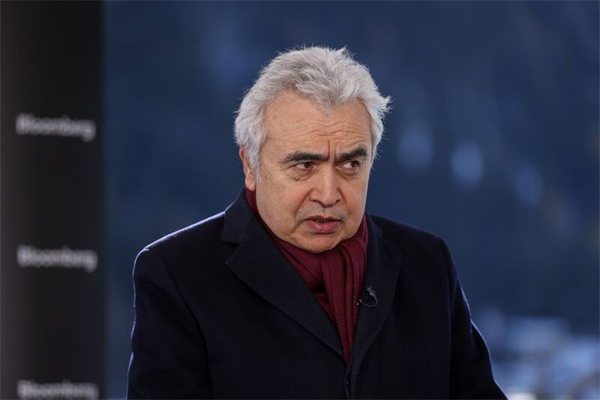- Higher prices hurt economy and speed energy transition: Birol
- One in five cars sold globally this year will be electric: IEA

Matthew Miller, Grant Smith and Anna Edwards, Bloomberg News
NEW YORK/LONDON
EnergiesNet.com 04 28 2023
OPEC should be wary of bolstering oil prices as it could hurt the global economy and accelerate the transition away from fossil fuels to clean energy, the International Energy Agency said.
Saudi Arabia and other key OPEC+ nations surprised world oil markets by announcing new production cutbacks earlier this month, which triggered a brief rally in prices. The intervention could backfire on the Organization of Petroleum Exporting Countries, as higher prices may curtail fuel demand and push consumers toward electricity and other renewable energy sources, according to IEA Executive Director Fatih Birol.
“They have to be very careful,” Birol said in an interview with Bloomberg television. “If the oil producers try to push prices up, this will only accelerate the electric cars’ penetration.”
A report from the Paris-based IEA released on Wednesday showed that the transition is already underway, with almost one in every five new cars sold worldwide this year being electric. That compares with just 2% in 2019.
By 2030, 60% of all new cars sold in the US, China and Europe — the three biggest markets — will be electric, according to the IEA’s report.
OPEC officials have said the supply curbs agreed this month were needed to safeguard oil markets against aggressive and unwarranted short-selling by speculators. Crude prices have largely surrendered the gains since the cuts were unveiled, trading near $80 a barrel in London.
Nonetheless, Birol countered that the intervention was unhelpful for the world’s economic recovery, particularly in emerging markets.
“The global economy is in a very fragile stage,” he said. “To see higher oil prices and upward pressure on inflation — that is the last thing that we want.”
bloomberg.com 04 26 2023












